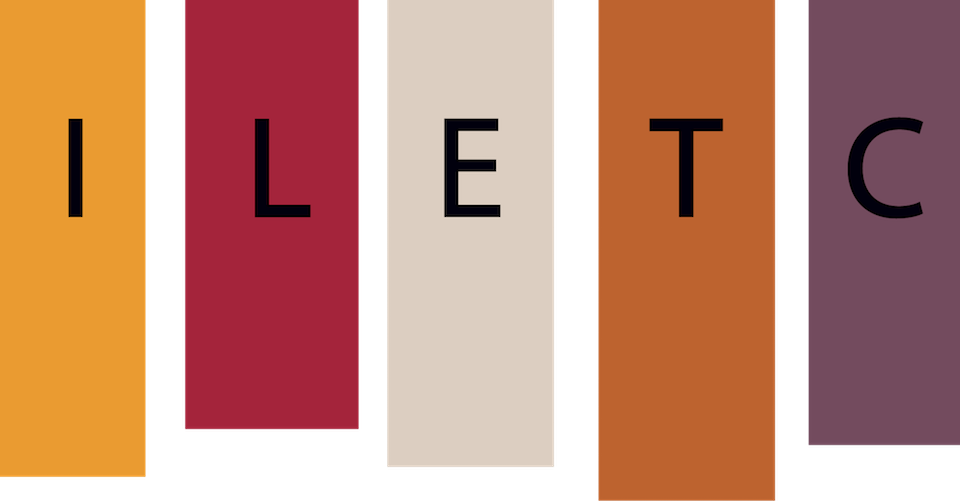Mixbit: iOS, Android Collaborative video editing Add users and invite collaborators through Facebook, email, text message, QR code. Up to 1 hour video. Add up to 256 scenes (video clips …
Category: CILC
NowComment
NowComment is a free online tool for collaboratively discussing and annotating online documents and media. Students can leave comments on selected content, add information, hyperlinks and multimedia, create collections of discussions …
WeVideo
WeVideo is an online collaborative video editor. Students can upload and share photos and videos, or use the built-in recorder to record videos and screen-casts. The video editor supports the …
YouTube Live
YouTube Live is a free platform where students can collaboratively record and broadcast videos. The platform allows multiple participants to schedule a session ahead of time, and to interact with an …
YouTube Live & Google Hangouts Apps
YouTube Live & Google Hangouts Apps iOS, Android, (also Windows and Mac). Recorded video chat with multiple participants. Up to 8 hour live streaming/archived video. Length of video depends on …
Zoom
Zoom is a free cloud-based video conferencing system. In addition to videoconferencing, students can screen-share from desktop and mobile devices, exchange images, video clips, and documents using the central whiteboard, schedule …


